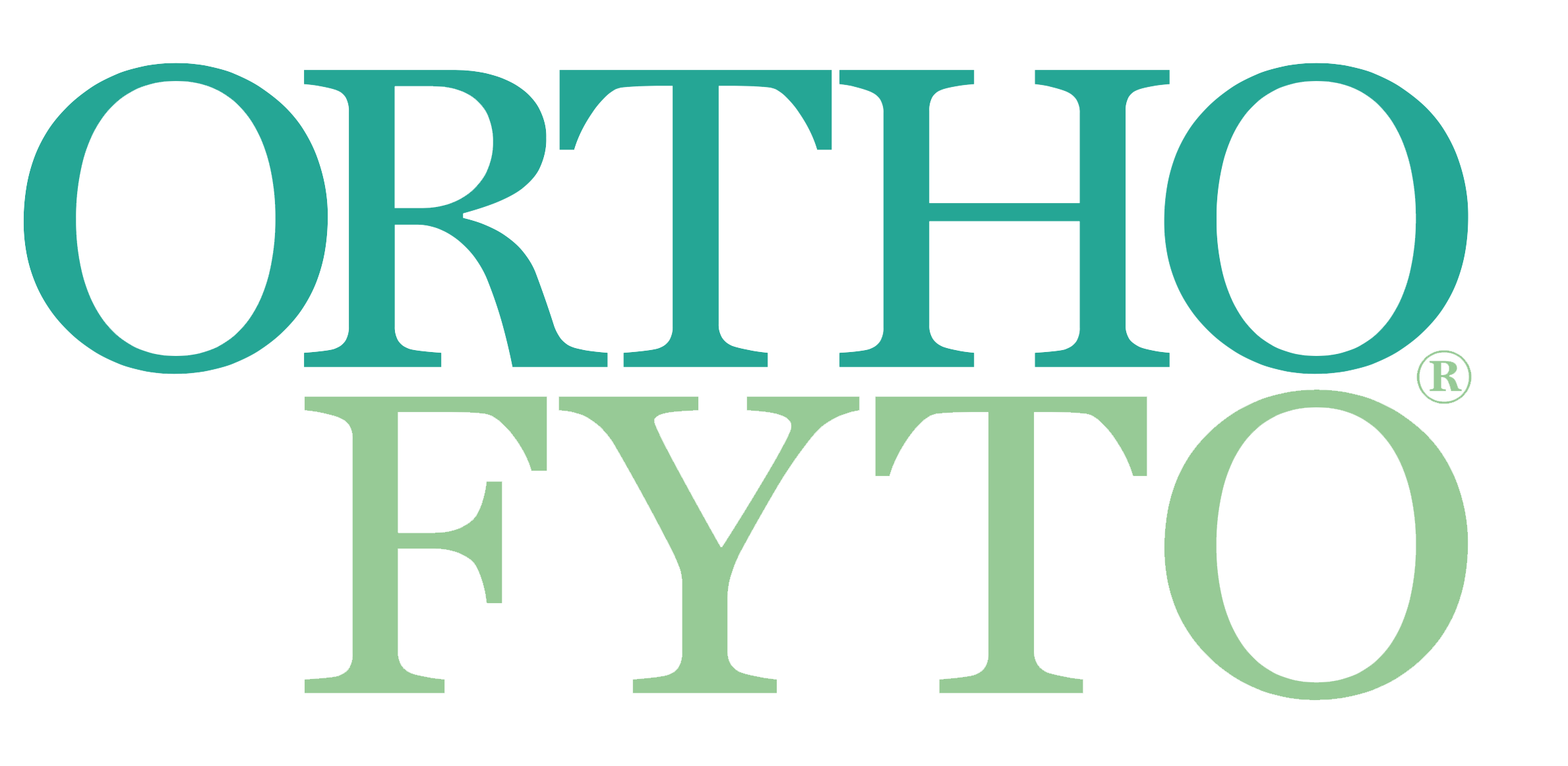Angst bij kinderen met PANS/PANDAS
14 Oct, 2025
Door Rozita Baarsma-Ristivska
PANS en PANDAS zijn auto-immuunziekten met een psychiatrische presentatie. PANDAS is specifiek gelinkt aan een streptokokkeninfectie. PANS is breder en kan worden uitgelokt door andere infecties zoals Mycoplasma, Epstein-Barr of Borrelia, maar ook door stofwisselingsstoornissen, schimmels, toxines of andere omgevingsfactoren.1 Kenmerkend is de plotselinge, vaak dramatische toename van symptomen als dwanggedachten, motorische tics, regressie, en bovenal: angst. Vooral separatieangst is bijna universeel aanwezig. Deze immuuncomponent suggereert dat een belangrijke aanpak van de aandoening gericht moet zijn op het herstel van de immuunbalans en het bestrijden van de infectie.
De diagnose PANDAS wordt sinds de jaren ’80 beschreven, maar blijft relatief onbekend. Niet alle artsen erkennen PANDAS (Pediatric Autoimmune Neuropsychiatric Disorders Associated with Streptococcal infections) of PANS (Pediatric Acute-onset Neuropsychiatric Syndrome) en de aandoeningen worden regelmatig niet meegenomen in de differentiaaldiagnose. In Nederland ontbreekt een formeel expertisecentrum of richtlijn. Het PANDAS Physicians Network (PPN) biedt echter internationale richtlijnen die tevens beschikbaar zijn in het Nederlands.2
De prevalentie is nog onderwerp van onderzoek. Een retrospectieve analyse over de jaren 2017–2019 in drie academische centra (≈95.500 kinderen) vond een geschatte jaarlijkse incidentie van 1 op 11.765 kinderen in de leeftijd van 3 tot 12 jaar.3 Het PPN schat de prevalentie echter op 1 op 200 kinderen, gebaseerd op ervaringen uit hun netwerk van ouders en artsen. Dit grote verschil onderstreept de dringende behoefte aan betere herkenning, diagnoseregistratie en grootschalig epidemiologisch onderzoek.
Symptomen: breed en verwarrend
Kenmerkend voor PANS/PANDAS ten opzichte van bijvoorbeeld klassieke OCD, autisme en ADHD is het plotse begin van dwangmatige gedachten en handelingen (OCD), intense angsten, tics, hyperactiviteit en prikkelbaarheid. Ook stemmingswisselingen, regressie, sociaal terugtrekgedrag en slaapproblemen komen vaak voor. Cognitieve achteruitgang is kenmerkend, vooral rond concentratie, werkgeheugen en rekenvaardigheid. Veel kinderen vertonen daarnaast zintuiglijke overgevoeligheid (voor licht, geluid of aanraking) en veranderingen in eetgedrag, zoals voedselweigering of juist eetbuien. Motorisch kunnen onwillekeurige bewegingen, dystonie of spierschokken optreden, evenals veranderingen in de fijne motoriek (zie figuur).4
Lees het gehele artikel vanaf pagina 22 in OrthoFyto 5/25.
Wilt u het gehele artikel als pdf-bestand ontvangen? Bestel het dan hier voor € 3,50.
Bronvermelding
1. Zych K, Burdan O, Ziomek W, Białek A, Wróbel J, et al. Current knowledge of PANDAS and PANS syndromes in paediatric patients – etiology, diagnosis and therapies. J Pre Clin Clin Res. 2024;18(4):324-332.
2. Pandas Physicians Network (2025, 15 juli). Diagnostische en behandelingsrichtlijnen voor PANDAS/PANS. www.pandasppn.org/dutch
3. Wald ER, Eickhoff J, Flood GE, Heinz MV, Liu D, et al. Estimate of the incidence of PANDAS and PANS in 3 primary care populations. Front Pediatr. 2023;11:1170379.
4. Swedo SE, Leckman JF, Rose NR. From Research Subgroup to Clinical Syndrome: Modifying the PANDAS Criteria to Describe PANS (Pediatric Acute-onset Neuropsychiatric Syndrome). Pediatr Therapeut. 2012;2:113.
5. Pandas Physicians Network (2025, 24 juli). Diagnostic Flowchart and Treatment Guidelines. www.pandasppn.org/flowchart
6. Leonardi L, Perna C, Bernabei I, Fiore M, Ma M, et al. Pediatric Acute-Onset Neuropsychiatric Syndrome (PANS) and Pediatric Autoimmune Neuropsychiatric Disorders Associated with Streptococcal Infections (PANDAS): Immunological Features Underpinning Controversial Entities. Children (Basel). 2024;11(9):1043.
7. Shimasaki, Craig et al. Evaluation of the Cunningham Panel™ in pediatric autoimmune neuropsychiatric disorder associated with streptococcal infection (PANDAS) and pediatric acute-onset neuropsychiatric syndrome (PANS): Changes in antineuronal antibody titers parallel changes in patient symptoms. Journal of Neuroimmunology. 2020;339:577138.
8. Quagliariello A, Del Chierico F, Russo A, Reddel S, Conte G, et al. Gut microbiota profiling and gut–brain crosstalk in children affected by pediatric acute-onset neuropsychiatric syndrome and pediatric autoimmune neuropsychiatric disorders associated with streptococcal infections. Frontiers in microbiology 2018;9:675.
9. Swedo S, Frankovich J & Murphy T. Overview of Treatment of Pediatric Acute-Onset Neuropsychiatric Syndrome. J Child Adolesc Psychopharmacol. 2017 Sep;27(7):562-565.
10. Cocuzza S, Maniaci A, La Mantia I, Nocera F, Caruso D, et al. Obsessive-Compulsive Disorder in PANS/PANDAS in Children: In Search of a Qualified Treatment-A Systematic Review and Metanalysis. Children (Basel). 2022 Jan 26;9(2):155.
11. Wei Y, Chen J, Hu Y, Lu W, Zhang X, et al. Rosmarinic Acid Mitigates Lipopolysaccharide-Induced Neuroinflammatory Responses through the Inhibition of TLR4 and CD14 Expression and NF-κB and NLRP3 Inflammasome Activation. Inflammation. 2018 Mar;41(2):732-740.
12. Jeon IH, Kim HS, Kang HJ, Lee H-S, Jeong SI, et al. Anti-Inflammatory and Antipruritic Effects of Luteolin from Perilla (P. frutescens L.) Leaves. Molecules 2014;19(6):6941-6951.
13. Vomero M, Lamberti L, Corberi E, Currado D, Marino A, et al. Specialized pro-resolving mediators and autoimmunity: Recent insights and future perspectives. Autoimmunity Reviews 2025;24(11):103896.
14. Norwitz N & Naidoo U. Nutrition as Metabolic Treatment for Anxiety. Front. Psychiatry 2021;12:598119.
15. Harvard T. H. Chan (2025, 17 Augustus). The Nutrition Source, Diet Review: Anti-Inflammatory Diet. nutritionsource.hsph.harvard.edu/healthy-weight/diet-reviews/anti-inflammatory-diet
16. Du GF, Le YJ, Sun X, Yang XY, He QY. Proteomic investigation into the action mechanism of berberine against Streptococcus pyogenes. J Proteomics. 2020 Mar 20;215:103666.
17. Jung SY, Lee SY, Choi DW, See HJ, Kwon DA, et al. Skullcap (Scutellaria Baicalensis) Hexane Fraction Inhibits the Permeation of Ovalbumin and Regulates Th1/2 Immune Responses. Nutrients 2017 Oct 28;9(11):1184.
18. Porges SW. Polyvagal Theory: A Science of Safety. Front. Integr. Neurosci. 2022;6:871227.
19. Autoimmune Brain Panel for clinicians, via www.moleculera.com/pdf/Autoimmune-Brain-Panel-Guide-for-Clinicians geraadpleegd op 19-08-2025.
